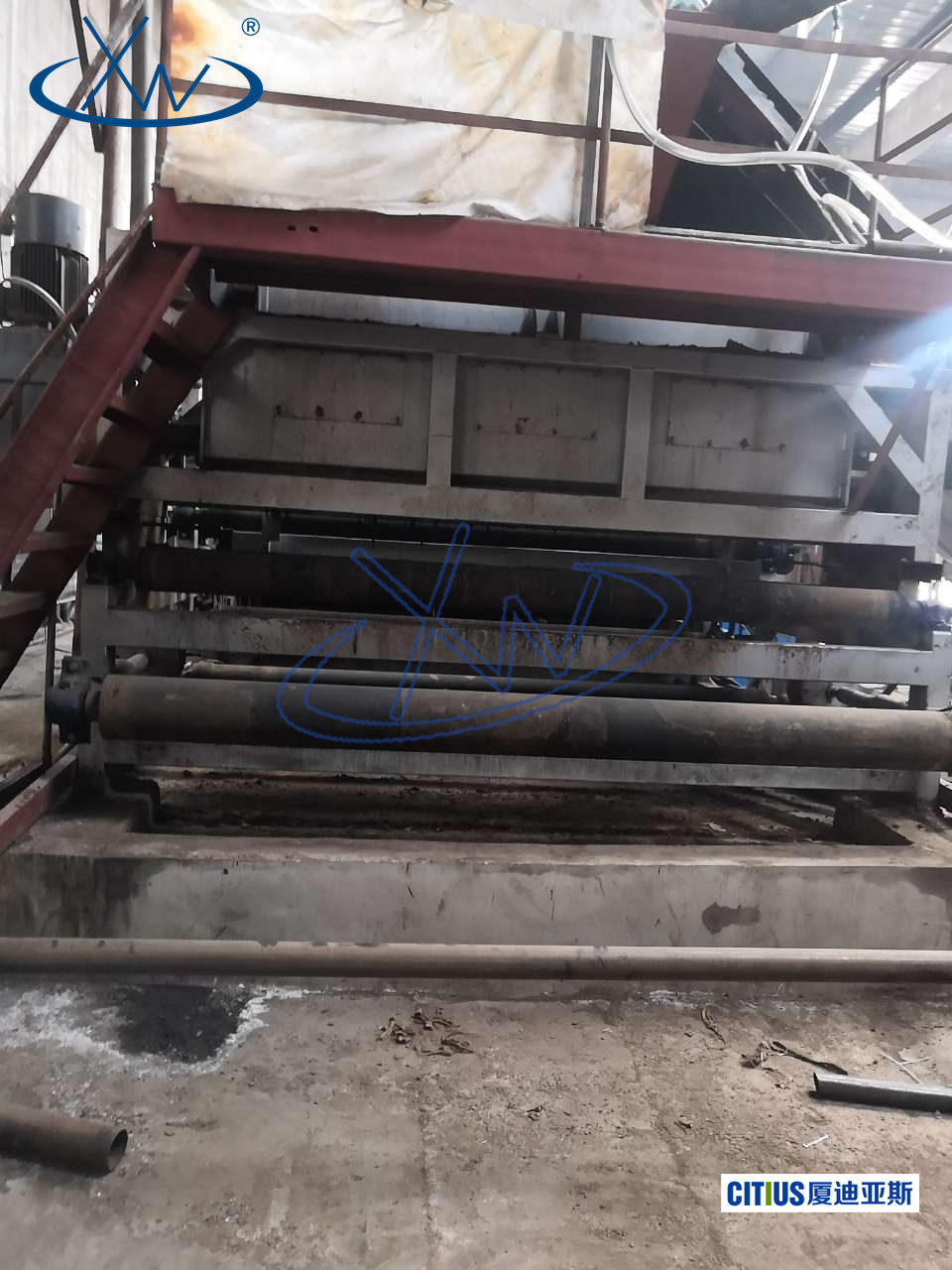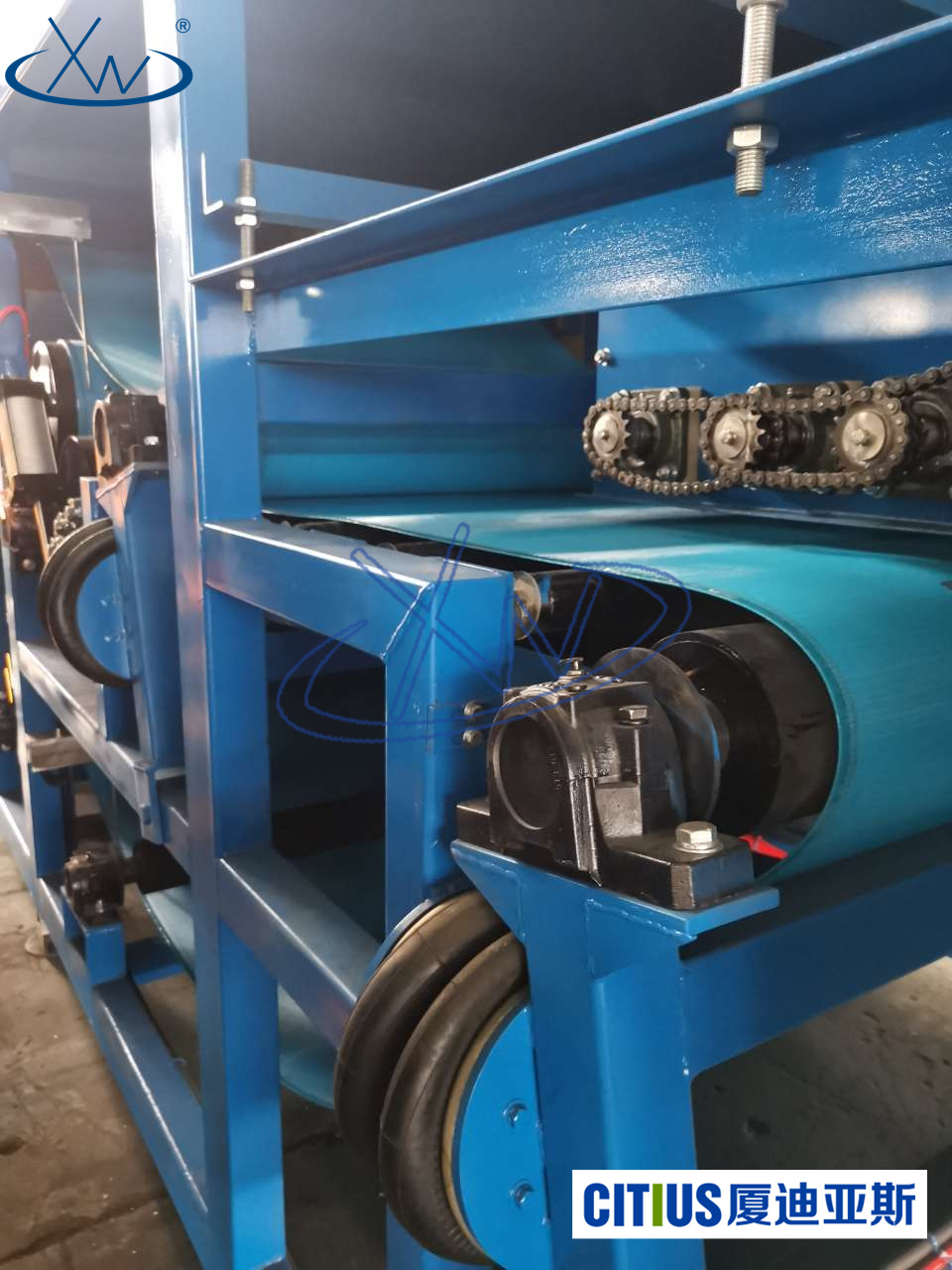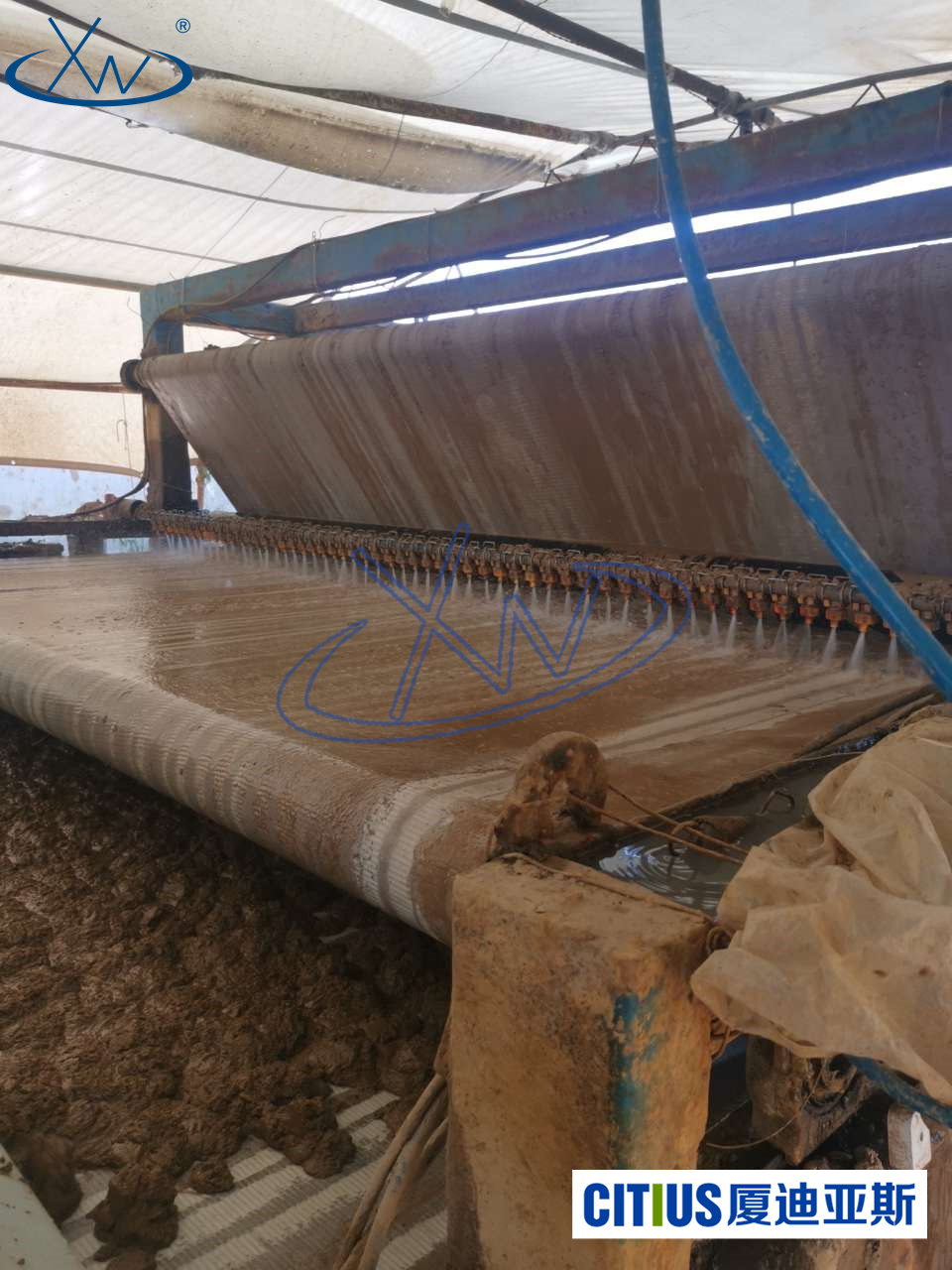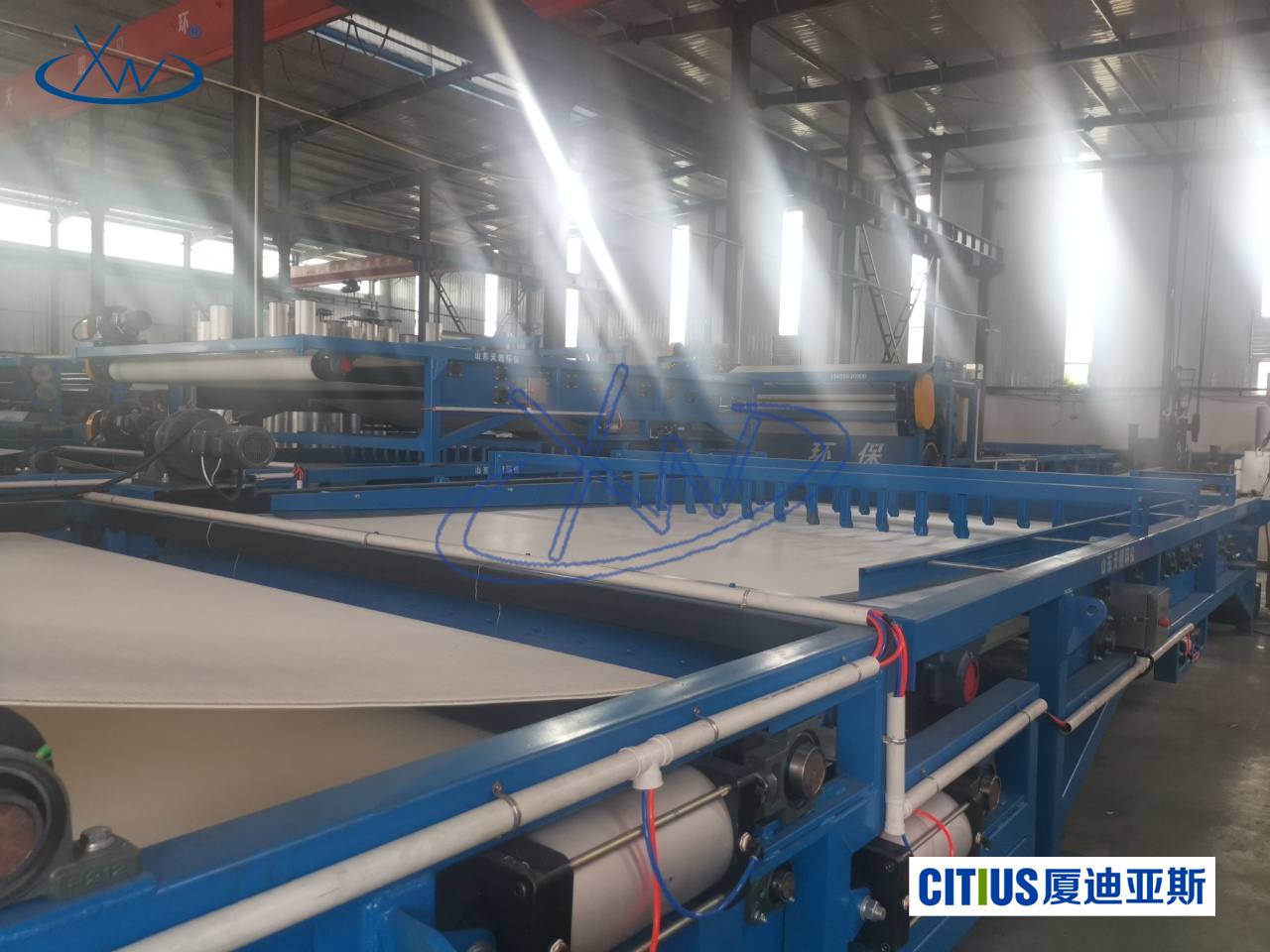Industrial Filter Fabric Manufacturer – Belt Press Filter for Municipal Sludge Treatment
Industrial filter cloth, belt press filter, municipal sewage sludge dewatering
Polyester Spiral Mesh | Belt Press Filter Machine | Sand Washing Treatment
Industrial Filter Cloth – Belt Press Filter Machine – Municipal Wastewater Filtration Sludge
Industrial Filter Cloth for Belt Press Filter in Wastewater Treatment Plants
High-efficiency Application of Spiral Mesh Belt in Dewatering Sand and Slurry
Tailings Treatment at Mining Sites – Belt Press Filter – Spiral Mesh Belt

















